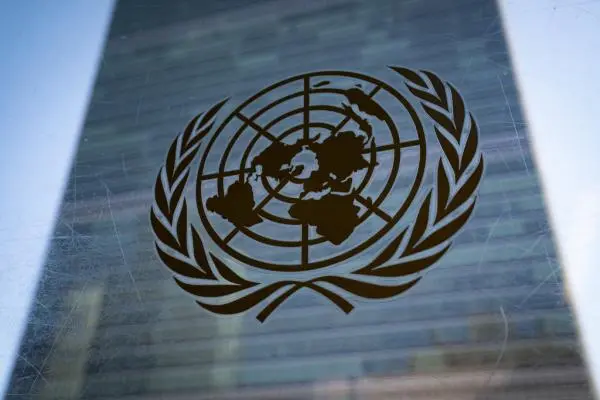The United Nations has launched an appeal for $4.2 billion from global donors to provide crucial humanitarian aid to war-ravaged communities in Ukraine and support the Ukrainian refugees affected by the conflict that began with Russia’s invasion nearly two years ago.
As the conflict continues to take a toll on the region, the humanitarian situation in Ukraine remains dire, with millions of people, including children, living in areas directly affected by the war. The UN’s Office for the Coordination of Humanitarian Affairs (OCHA) has outlined the urgent need for financial assistance to address the immediate and long-term challenges faced by the affected population.
The UN’s aid chief, Martin Griffiths, highlighted the plight of hundreds of thousands of children living in communities on the front lines of the war. These children are not only terrified and traumatized by the conflict but are also deprived of their basic needs. Griffiths emphasized the moral imperative to provide humanitarian assistance to Ukraine, stating that the challenging circumstances demand every possible effort to support the affected population.
As part of the funding appeal, OCHA is seeking $3.1 billion to assist 8.5 million people in desperate need of humanitarian aid in 2024. This funding will be crucial to providing essential services, including food, shelter, healthcare, and education, to those affected by the conflict. Additionally, the UN refugee agency is seeking $1.1 billion to support 2.3 million Ukrainian refugees and their host communities in neighboring countries.
The funding appeal comes at a critical juncture as the humanitarian crisis in Ukraine persists, placing immense strain on resources and infrastructure. The ongoing conflict has led to the displacement of millions of people, both within the country and across borders. More than 6.3 million individuals have fled Ukraine, seeking refuge in neighboring countries, while four million people, including nearly one million children, remain internally displaced within the country.
One of the significant challenges faced by humanitarian organizations is the difficulty in accessing front-line communities in eastern and southern Ukraine, including territories occupied by Russia. OCHA reported that over 14.6 million people, constituting 40% of Ukraine’s population, will require humanitarian assistance in 2024 due to the ongoing conflict and its devastating impact on communities.
Negotiations with the Russian government to secure access for humanitarian convoys to reach these vulnerable populations have been ongoing. However, access remains limited, and there is a pressing need to provide urgent aid to those who have not received regular and reliable assistance for the past two years.
The humanitarian situation in Ukraine is further complicated by the competition for funding amid various global crises, including those in Gaza and Sudan. Last year, OCHA received 67% of the $3.9 billion it had appealed for, prompting the organization to recalibrate its approach for 2024 and prioritize the most critical needs.
Martin Griffiths acknowledged that the competition for funding is intensifying, making the fundraising efforts for 2024 more challenging than the previous year. He emphasized the importance of sustained international support to address the complex humanitarian crisis in Ukraine comprehensively.
The UN’s High Commissioner for Refugees, Filippo Grandi, highlighted the resilience of host countries that continue to provide protection and inclusion for Ukrainian refugees. While many refugees have found support, there remains a need to assist vulnerable individuals who are struggling to make ends meet in exile.
The financial assistance sought through this appeal will play a pivotal role in delivering life-saving aid, improving living conditions, and supporting the long-term recovery of war-affected communities in Ukraine. The UN’s appeal underscores the urgency of addressing the humanitarian crisis and ensuring that the affected populations receive the necessary support to rebuild their lives amidst the ongoing conflict.














